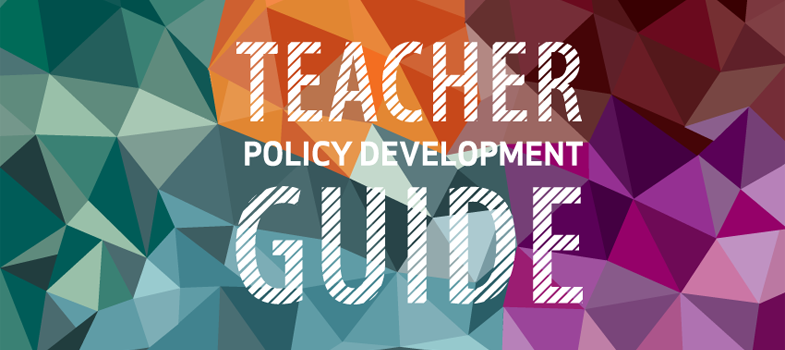3.5.6 School violence
In many countries, teaching is a high-risk profession. In recent years, attacks on schools, teachers and pupils have occurred frequently in countries including Afghanistan, Colombia, Georgia, India, Iraq, Nepal, Pakistan, Palestine, Thailand and Zimbabwe. Schools and teachers may be attacked for any number of reasons: to prevent education, especially girls’ education, from taking place; to target students, teachers or academics for their views, political activity, support for human rights or involvement in trade union activity; during security or military operations, or as a part of military tactics; to abduct children and adults to join rebel or armed forces; or to provide forced labour or sexual services. Whatever the motives, such attacks ‘involve the deliberate use of force in ways that disrupt and deter provision of or access to education’ (UNESCO, 2010c: 27–28). Such school violence has many consequences for teachers, including:
- Physical effects on individuals, including loss of life and injury
- Physical effects on and loss of school buildings, school equipment, and teaching and learning materials
- The psychological effects of murder, injury, torture and disappearance of students, teachers and staff, including trauma, fear, insecurity, de-motivation and despondency
- Children who are afraid to go to school, parents who are afraid to send them and teachers who are afraid to go to work
- Negative effects on teacher recruitment and retention
- School closures
- Limiting education’s contribution to economic, political and human development
- Attacks on education trade unionists deny teachers and their representatives influence on the provision of education, which in turn undermines the quality of the education provided (UNESCO, 2010c: 27–28).
Context-appropriate policies to promote the support and protection of teachers will constitute one element of a policy response to “promote respect for schools and other education institutions as sanctuaries and zones of peace in order to protect the right of education” (UNESCO, 2010c: 36).
Other forms of violence in schools, such as gender-based violence against female pupils and teachers, as well as corporal punishment, are perpetuated by teachers themselves: gender-based violence damages girls’ chances of learning and is a factor in female teachers leaving the profession (UNESCO, 2014a: 266, 269). A teacher policy should feature provisions to make teachers aware of their professional roles and responsibilities and establish penalties for teachers who breach professional conduct codes (as set out also in Section 2.1.4). The policy should refer explicitly to violence against pupils; penalties should reflect legal child rights and protection frameworks, and should be effectively applied (UNESCO, 2014a: 303). In Kenya, new Teacher Service Commission regulations, drafted with support from teachers’ unions, contain provisions for teachers convicted of sexual offences against pupils to be deregistered (UNESCO, 2014a: 269–70) (see Box 3.9).
BOX 3.9: GOOD PRACTICE FROM KENYA TO DEVELOP AND IMPLEMENT POLICY ON GENDER BASED VIOLENCE BY TEACHERS
Working directly with teacher unions is a way to build support for taking action against teachers who violate codes of conduct. In Kenya, the Stop Violence against Girls in School advocacy team collaborated with the Teacher Service Commission, the Ministry of Education, the Kenya National Union of Teachers and the Children’s Department to draft a parliamentary bill based on a 2010 Teachers Service Commission circular on sexual abuse. The bill aims to reinforce procedures for reporting incidences of abuse or violence carried out by teachers, and to ensure that convicted teachers are not simply transferred to other schools. The circular states, moreover, that any failure to report or attempt to cover up an incident would lead to disciplinary action. The Union, which previously was often a block to reform, is now reported to be committed to avoiding protection of teachers found guilty of an offence, and a centralized database has been established to track teachers convicted of sexual offences.
3.5.5 Student behaviour and discipline
